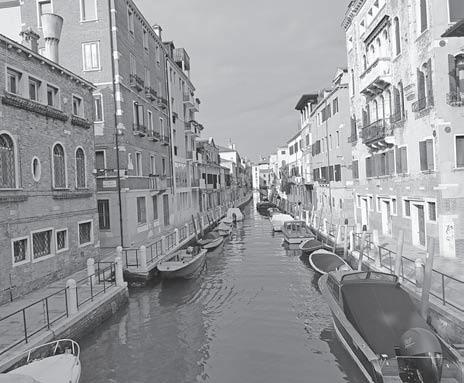
1 minute read
Tourism&Entertainment TIME AND TIDE ThE sINkINg cITy of VENIcE
Itook the overnight train from Salzburg to Padova en route to Venice.
I thought about visiting another city that I only read about in books. I’ve read about the droves-of-tourists-everything’sso-expensive-even-using-the-toiletand-scams, but despite these negative perceptions, the idea of stepping into Venice excited me.
It was still dark when I stepped off the train when it stopped at Mestre Station. I went straight to my accommodation and waited for a few hours before heading out to the old town of Venice.
Fleeting Glory Days Ven Ice is sinking. That’s a statement explained or mentioned repeatedly by scientists, journalists, and locals alike. A variety of reasons come to mind such as subsidence, groundwa - ter pumped out, the movement of tectonic plates, rising sea levels, and/or a rotting of foundations, among other reasons. Little by little, inch by inch, Venice will sink by 2100. So, they say. However, people won’t sink into the night and just let it happen. Local authorities have stopped groundwater pumping and have constructed barriers to prevent floods during high tide.
A few thoughts crossed my mind as these facts linger in my head, it might as well be like your doctor telling you after a check-up, ma’am/sir, this mass might turn into a cancer if you don’t do so and so. You eat healthier, walk a few more kilometers, or join that spinning class you always see at your local gym, and take your prescription medicine. Then you come back after a few months, the mass shrunk or completely disappeared. The doctor tells you you’re perfectly healthy, you’ll live until at least the median age of death at 70 something. If you’re lucky you might leave a few more decades until







